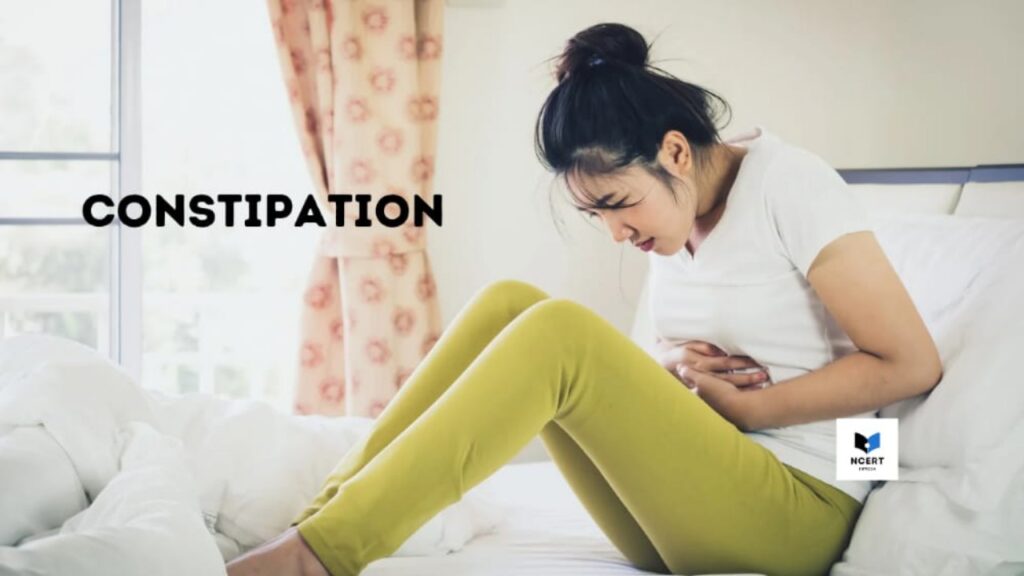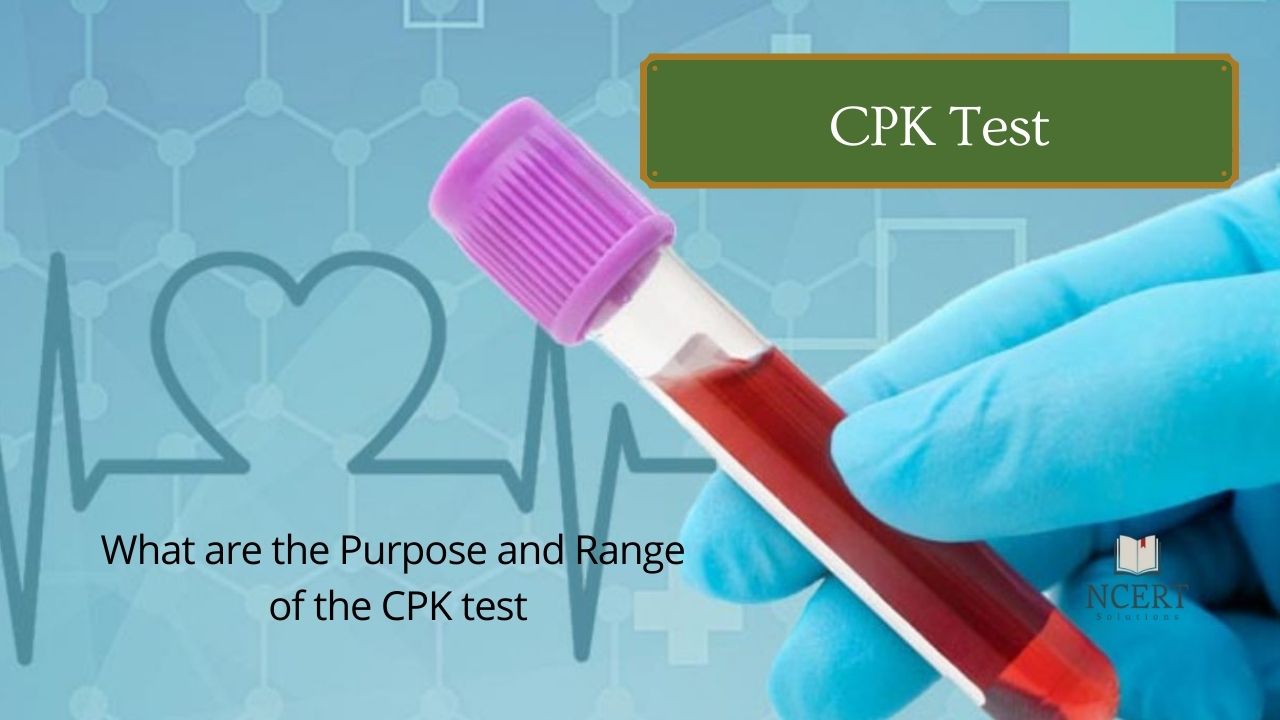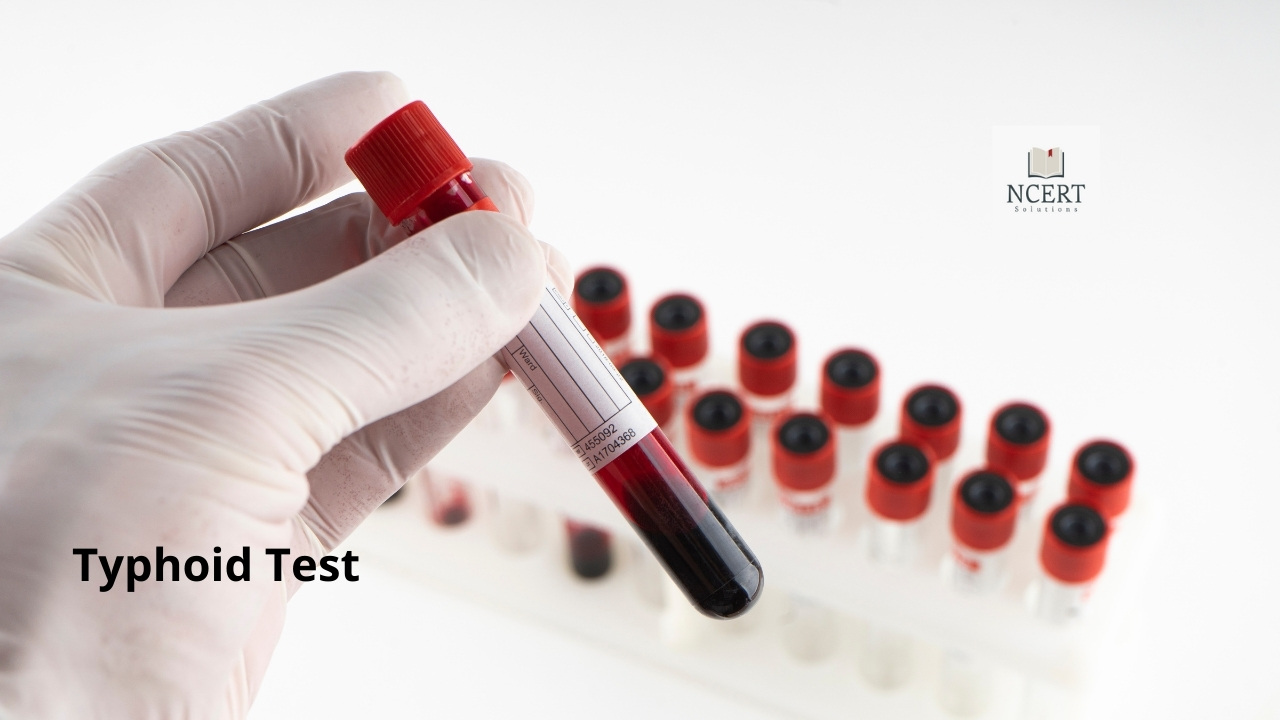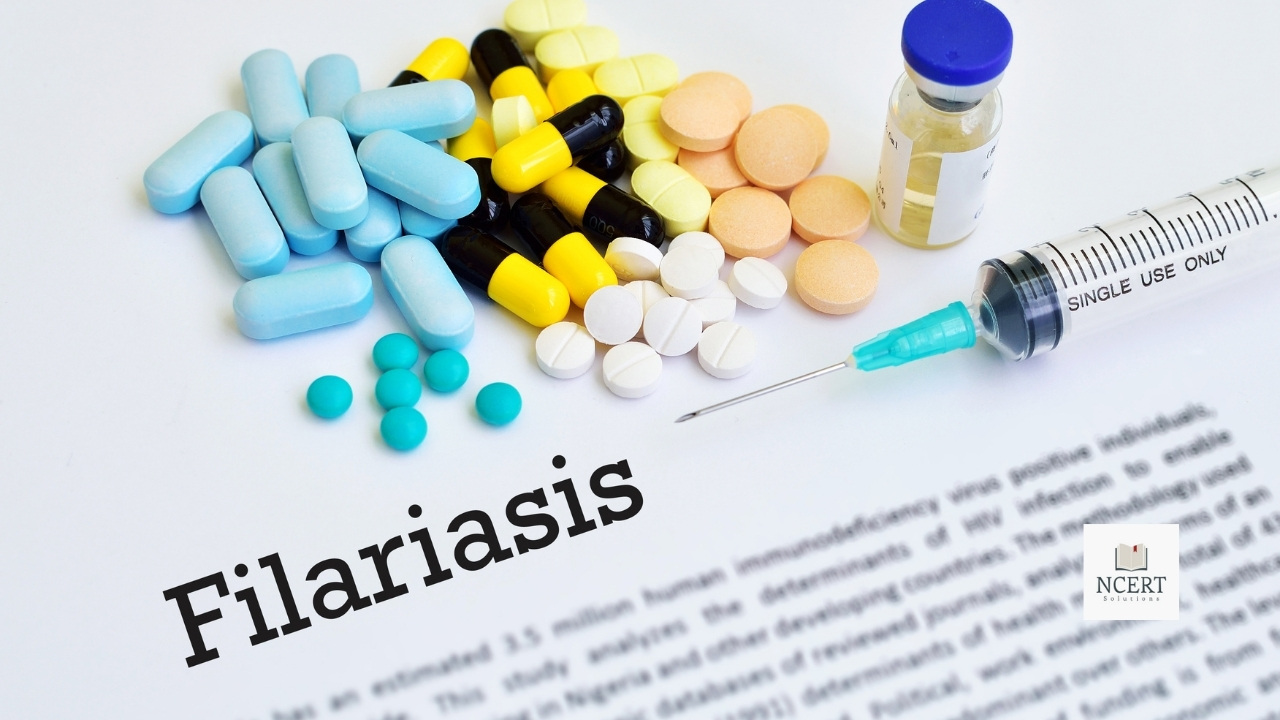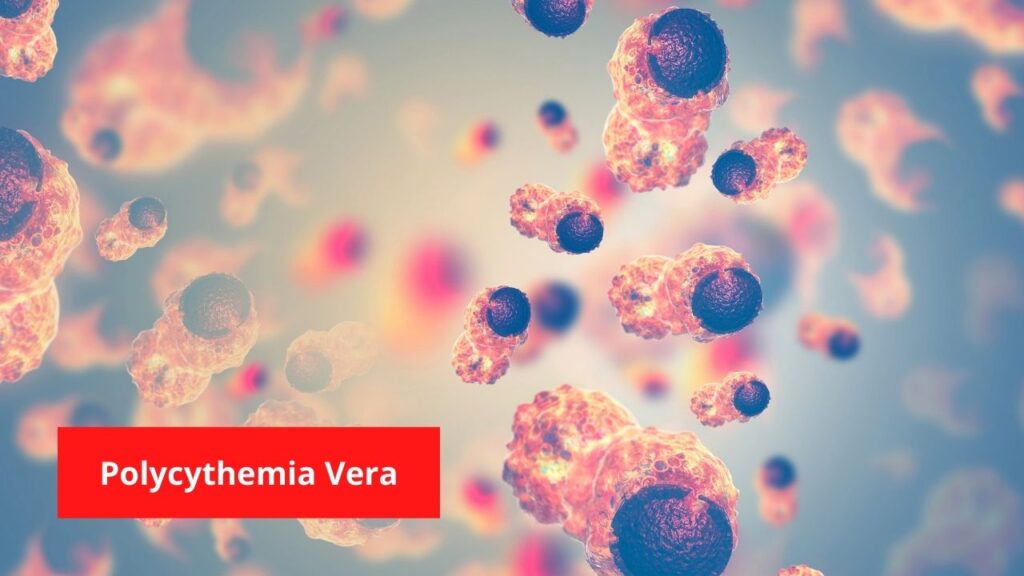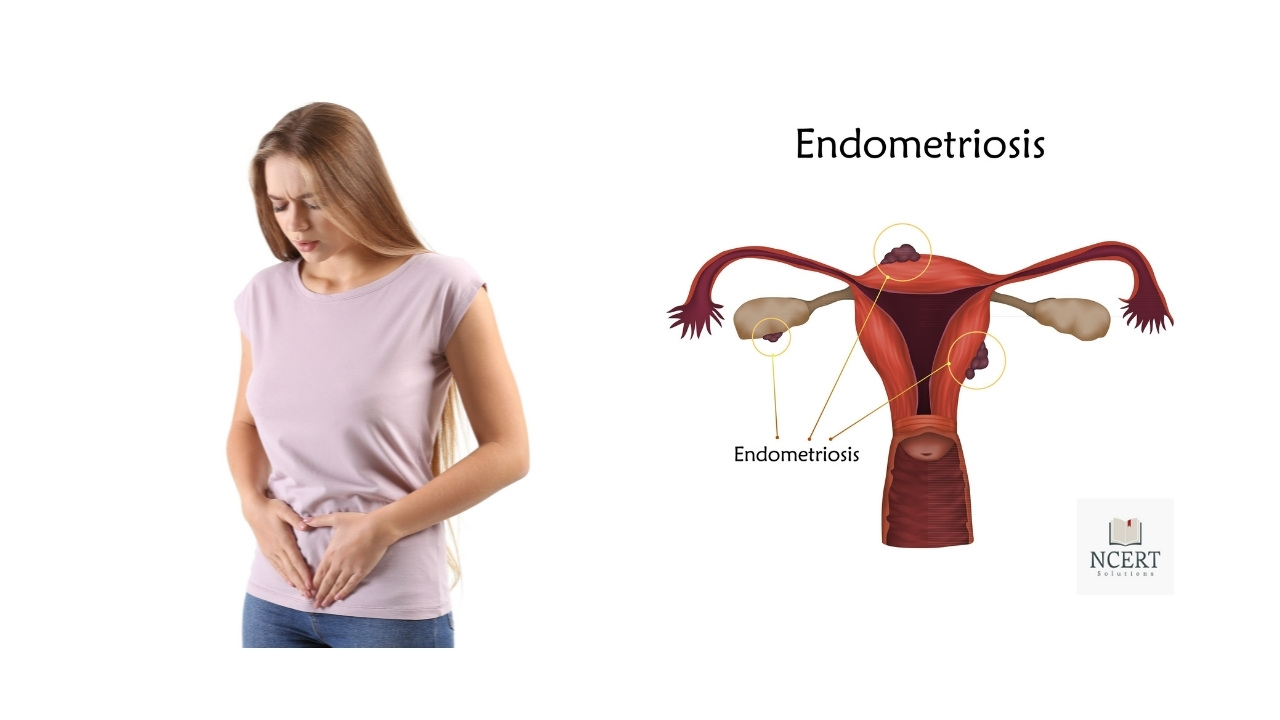Constipation is basically, defined as having less than three bowel movements in a week.
Constipation has become is a common problem nowadays, that can affect people of all ages. This could mean that you are not able to pass stool regularly or that your stomach is not being cleared completely.
Constipation usually occurs when too much water is absorbed from food. Causes of constipation include decreased physical activity, certain medications, and aging.
The severity of constipation varies from person to person. Many people have constipation only for a short time, but for others, constipation can be a long-term (chronic) problem that causes severe pain and discomfort and affects the quality of life.
Apart from the need to push hard to have a bowel movement, there are other symptoms as well, which are described below.
Treatment for chronic constipation often depends on the underlying cause. Lifestyle changes may provide relief in some cases of constipation.
Constipation Symptoms
The signs and symptoms of constipation are as follows:
- In constipation, the stool becomes hard, due to which more force has to be exerted in the bowel movement.
- People suffering from constipation do not go for defecation every day, due to which their problem increases and it becomes more difficult to bowel movements.
- The tongue of such people becomes white or mushy and the taste of the mouth also becomes bad. Along with this, the smell also starts coming from the mouth.
- Patients with constipation do not feel hungry, along with nausea and vomiting.
- The feeling of incomplete bowel movement after going to the bathroom, bloating or abdominal pain, etc. also come in the symptoms of constipation.
Causes
The main job of your colon is to absorb water from food. After this, the food becomes a stool, then the muscles of the colon push the stool out through the rectum.
If stool stays in the colon for too long, it hardens and can be difficult to pass.
Poor diet often causes constipation. Fiber and drinking enough water are essential to help keep stools soft.
Suggestions, based on your viewing:
Fiber-rich foods usually come from plants. Fiber comes in two forms – 1. Soluble and 2. Insoluble.
Soluble fiber can dissolve in water and form a soft, gel-like material as it passes through the digestive tract.
Insoluble fiber maintains its structure through the digestive tract.
Both forms of fiber bind with stool, increasing its weight and size while also softening it. This makes it easier to pass through the rectum.
Stress, changes in routine, and health problems that slow down the contraction of the colon muscles or reduce the urge to have a bowel movement can all make you constipated.
Common causes of constipation include:
- A low-fiber diet, especially a diet high in meat, milk, or cheese
- Dehydration
- Lack of exercise
- Frequent delay in bowel movements
- Traveling or other changes in routine
- Certain medicines, such as high-calcium antacids and pain relievers
- Pregnancy
Certain underlying health issues also cause constipation such as:
- Certain diseases, for example – stroke, Parkinson’s disease, and diabetes
- Colon or rectal problems, including intestinal blockage, IBS, or diverticulosis
- Overuse or abuse of laxatives
- Hormonal problems, such as an underactive thyroid gland (which leads to hypothyroidism)
Prevention / Home remedies
The following measures can be taken to prevent constipation:
- Eat fiber-rich food. Good sources are fruits, vegetables, legumes, and whole grains.
- Drink plenty of water and other fluids. Fiber and water work together to keep bowel movements regular.
- Avoid caffeine. Tea and coffee can be dehydrating.
- Cut down on drinking milk. Dairy products can cause constipation in some people.
- Exercise regularly. Be active for at least 30 minutes every day.
- When the pressure builds, then go to the latrine, do not stop it.
Diagnosis
These tests are mainly done to diagnose constipation:
Medical History
If your doctor suspects that you have trapped stool in your bowel (fecal impaction), there are a variety of diagnostics available to check for this.
First, the doctor will take your medical history and do a physical exam so that they can know what type of constipation you have.
Physical examination
A physical examination can reveal the diseases that have caused constipation.
Other Tests
Many more tests are available for those people who did not make any difference with any kind of treatment. such as:
- Blood test – Your condition can also be found through a blood test. More specifically, blood tests for thyroid hormones and calcium will help.
- Abdominal X-ray – Having an X-ray of the abdomen gives an idea of the substance present in your stomach, the harder constipation, the more it will show on the X-ray.
- Barium Enema – This measures whether the bowel and rectum are working properly.
- Colonic transit marker studies – This is a simple study to find out how long the food is taking to pass out of the bowel.
- Defecography – Defecography is a modification of the barium enema test.
- Anorectal Motility Studies – Anorectal motility studies complement defecography, which provides information about the determination of the function of the veins and muscles of the pulp and rectum.
- MRI Defecography – This is an excellent method for studying bowel movements.
Constipation Treatment
Chronic constipation is often treated with dietary and lifestyle changes. So that constipation can be cured.
If these changes do not help, then the doctor will prescribe medicines. And if medicines do not work, then constipation is treated by surgery.
Diet and lifestyle changes
The doctor will advise making the following changes which will give relief to constipation:
- Increasing the amount of fiber in the diet – Increasing the amount of fiber in the diet will increase the weight of the stool, which will cure the problem of constipation.
- Exercising – Physical activity increases the activity of our bowel muscles. Try to exercise as much daily as you can.
- Holding the stool – Do not stop yourself from passing the stool.
Laxatives
There are many different methods of laxatives. Each laxative works in different ways to make bowel movements easier. The following options are available over the counter:
- Fiber-rich laxatives – Fiber makes stools heavy.
- Osmotic laxatives – Osmotic laxatives help the fluid to come out of the stomach.
- Lubricant laxatives – Lubricants such as mineral oil help to move stool out of the stomach.
- Stool softening laxatives – stool softeners such as docusate sodium moisten the stool by removing water from the bowel.
- Enema and suppository laxatives – sodium phosphate softens the stool. And makes ready-to-pass stool. Glycerin also makes stool soft.
Pelvic muscle exercises
Doctors do pelvic muscle exercises, this helps our pelvic muscles become strong and bowel movement becomes easier.
Surgery
People whose constipation did not make any difference even with all the other treatments. They are left with the option of surgically removing part of the stomach. There is rarely a need to surgically open the entire abdomen.
Alternative medicine
Except above, some alternative treatments along with medicines are also available through which constipation can be cured. Constipation can also be relieved by the use of probiotics such as lactobacillus.
Constipation Complications
Disadvantages of persistent constipation include:
- Hemorrhoids (swelling of the veins in the anus) – straining to have a bowel movement can cause the veins in and around your anus to swell.
- Fissure (bursting of the skin in the anus) – A large or hard piece of stool can cause a small tear in the anus.
- Fecal impressions (feces that cannot be expelled) – Chronic constipation can cause hard stools to collect in the intestine.
- Rectal prolapse (intestine coming out of the anus) – the rectum may stretch slightly and protrude from the anus when you apply pressure to have a bowel movement.
Read these also:
